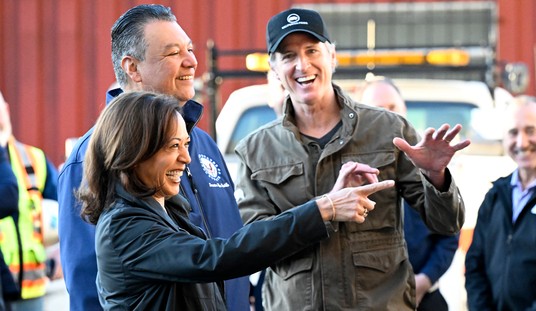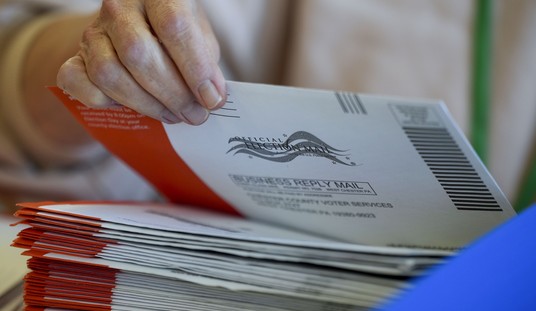Russian President Vladimir Putin has told both President Trump and Iranian officials that he supports the idea of a nuclear deal in which Iran is unable to enrich uranium, according to sources familiar with diplomatic discussions. This contradicts Russia's public position and could prove pivotal in ongoing U.S.-Iran nuclear negotiations.
Before the recent strikes, Iran had accumulated enough highly enriched uranium to potentially build multiple nuclear bombs. While the attacks damaged key facilities, early intelligence suggests much of Iran's uranium stockpile may have been moved to undisclosed locations, and core underground components appear to have survived.
A nuclear-armed Iran would trigger regional arms races and destabilize global energy markets, while failure to reach a deal increases the risk of broader military conflict in the Middle East.
Putin's Double Game
Putin's behind-the-scenes position contradicts Russia's public stance. While Moscow publicly advocates for Iran's right to enrich, Putin has taken a tougher position in private following the 12-day war between Israel and Iran. Multiple European and Israeli officials confirm that Putin has encouraged Iran to accept "zero enrichment" in several recent conversations.
Putin also expressed that position in calls last week with Trump and French President Emmanuel Macron, suggesting coordinated international pressure on Tehran.
Russia's Nuclear Leverage
Moscow's ability to influence Iran stems from its partnership on nuclear fuel supply. Russia, the world's biggest nuclear power, does not want to see Iran acquire nuclear weapons, but believes it has every right to develop civilian nuclear programs.
The Russians have made clear in public and private that if a deal is reached, they'll remove Iran's highly enriched uranium. Russia would then supply Iran with lower-enriched uranium for civilian nuclear power, maintaining influence while reducing weapons risk.
Iran's Desperation
The recent Israeli and American strikes have fundamentally altered negotiations. Extensive damage has been done to Iran's three major nuclear facilities at Natanz, Fordow, and Isfahan, though early U.S. intelligence assessments suggest the core components survived and the program may only be set back by months.
During and after the 12-day war, the Iranians were disappointed that the Russians didn't give them significant support beyond press statements. This isolation is pushing Iran toward compromise.
White House envoy Steve Witkoff is planning to meet Iranian Foreign Minister Abbas Araghchi in Oslo next week to restart nuclear talks, marking the potential resumption of diplomacy after the military strikes ended.
The Trump administration's negotiating position has evolved. While officials initially demanded complete dismantlement of Iran's nuclear program, a secret U.S. proposal would allow limited low-level uranium enrichment on Iranian soil for a to-be-determined period, contradicting earlier public statements about zero tolerance for enrichment.
The Stakes
Iran has enriched trace amounts of uranium to nearly weapons-grade levels, and experts estimate the country could produce enough weapons-grade material for multiple nuclear bombs within months if it chose to do so.
"We can't have weaponization," Witkoff recently told CNBC. "That will destabilize the entire region. Everyone will then need a bomb and we just can't have that."
Russia's willingness to help remove Iran's enriched uranium stockpiles while supplying civilian nuclear fuel provides a potential pathway to agreement. The next few weeks of negotiations in Oslo could determine whether diplomacy succeeds or whether the region slides toward broader military conflict with global implications.













Join the conversation as a VIP Member